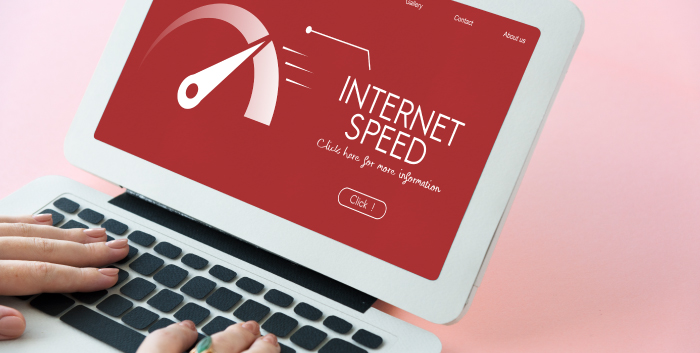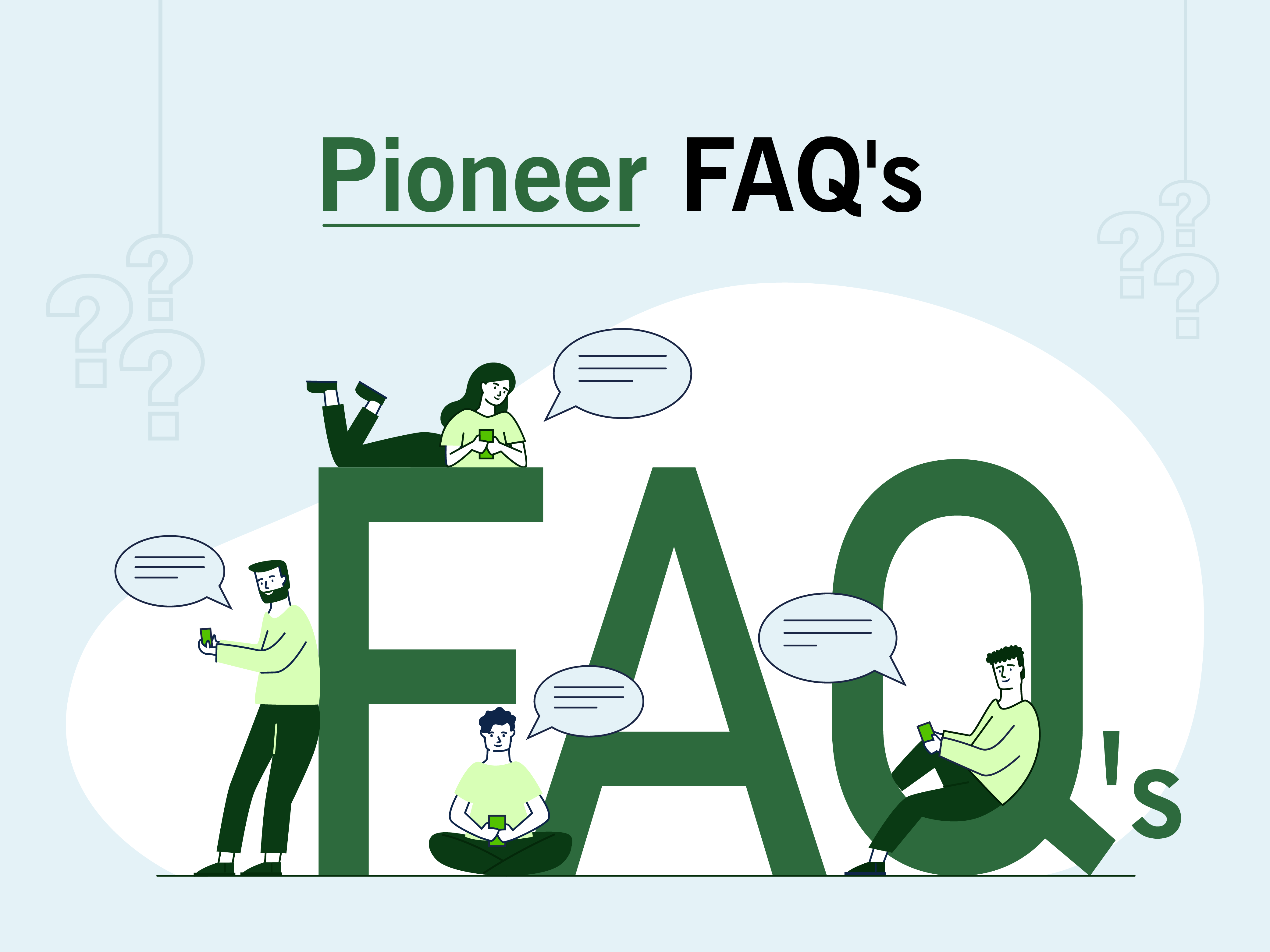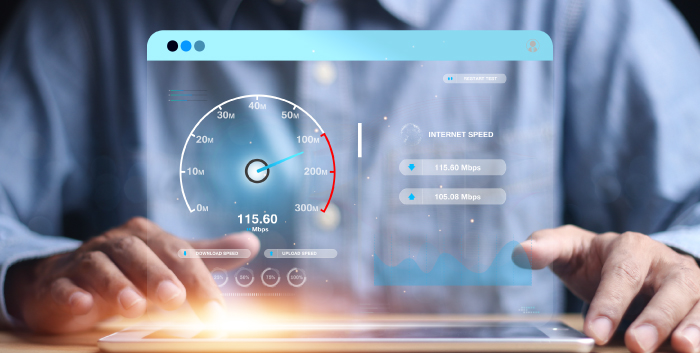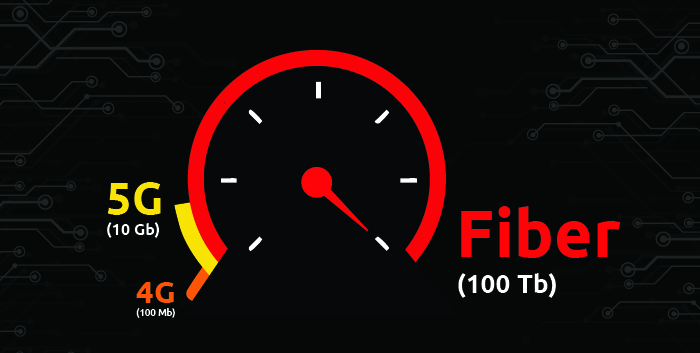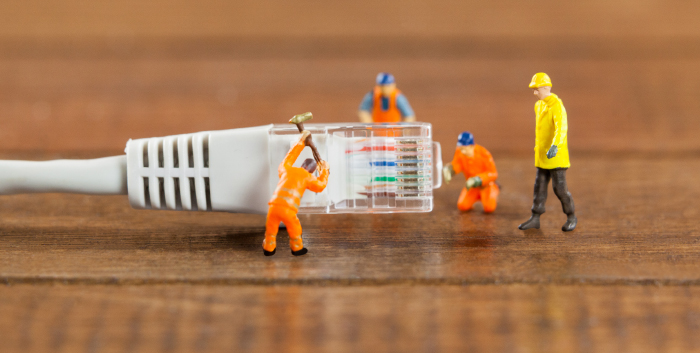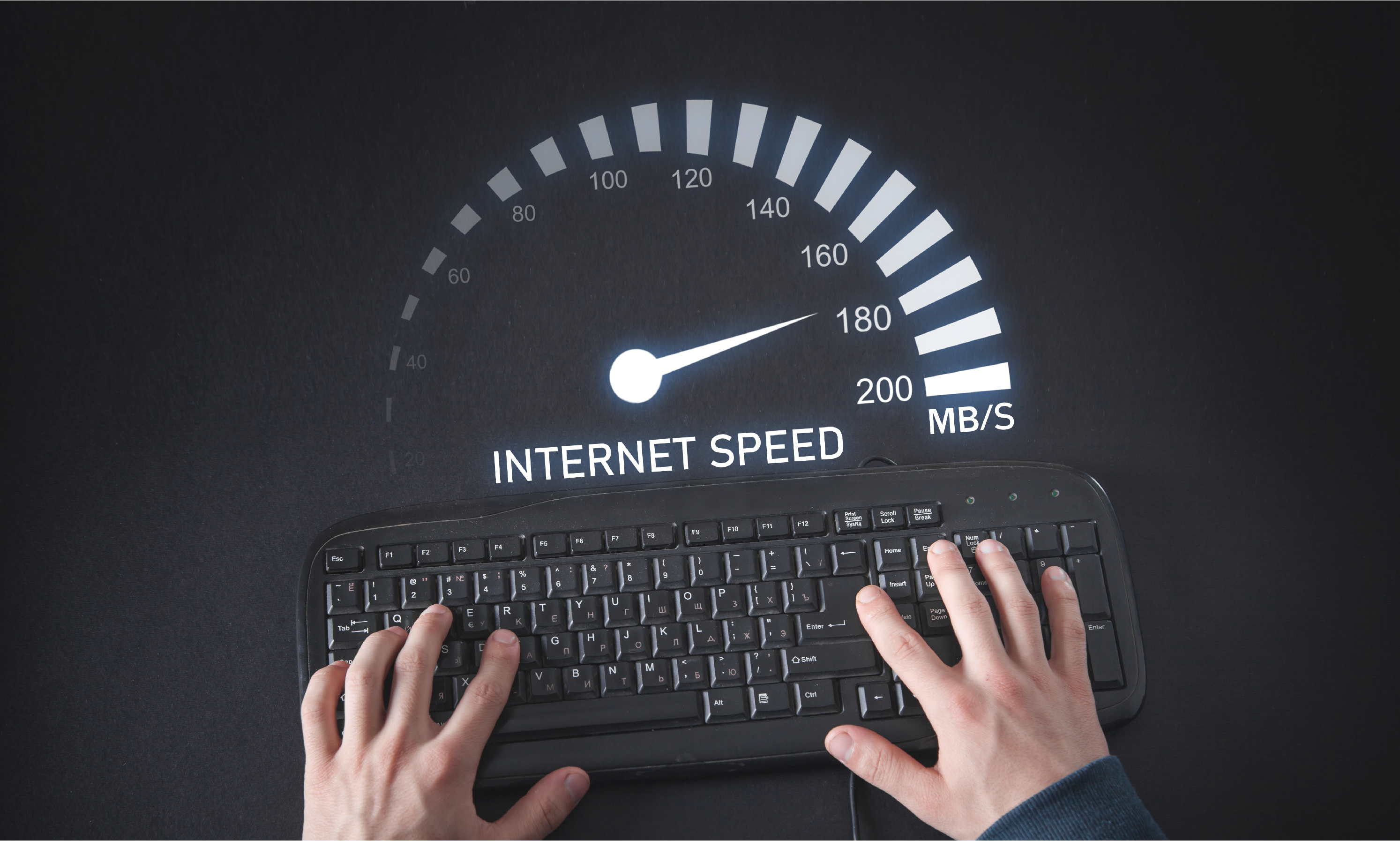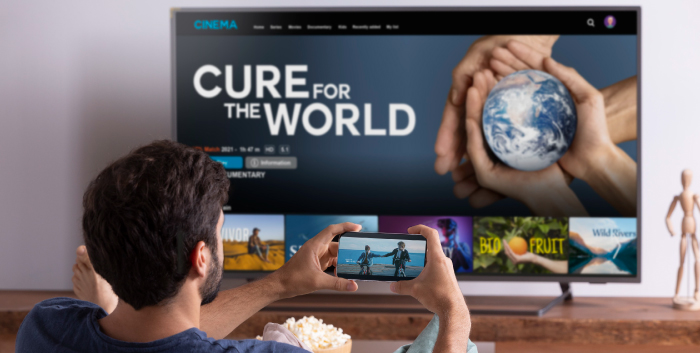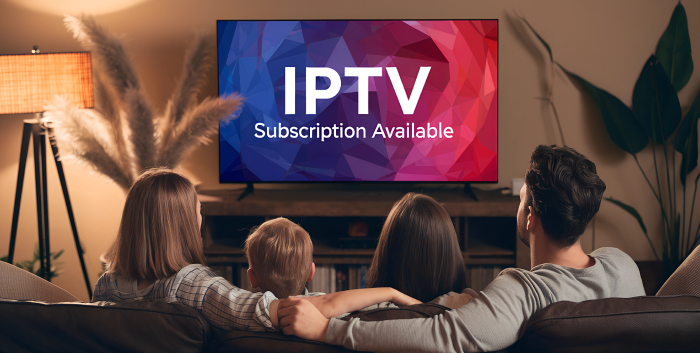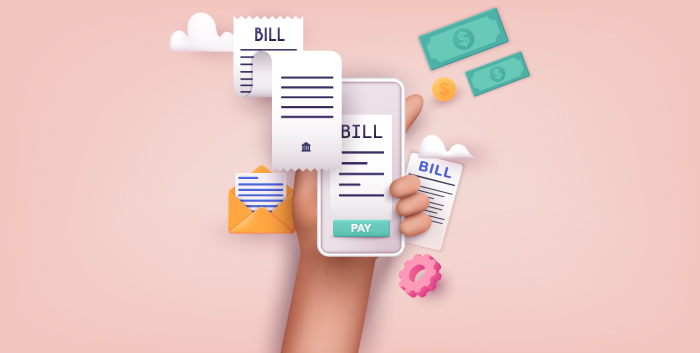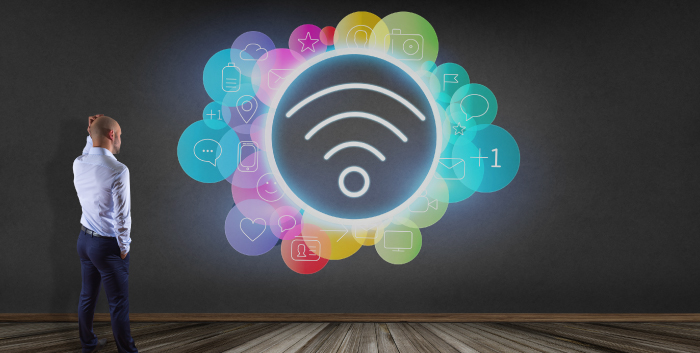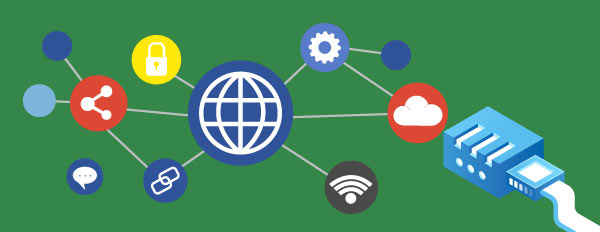Imagine you're streaming your favorite show, downloading a big file, or in the middle of an intense online game—and suddenly, everything slows down. The video buffers endlessly, downloads crawl, and your game lags. If this sounds familiar, you might be experiencing bandwidth throttling—when your Internet Service Provider (ISP) intentionally slows down your internet speed.
But why would your ISP do this? How can you tell if it's happening to you? And most importantly, how can you prevent it? Let’s break it all down in simple terms so you can take control of your internet experience.
Why Do ISPs Throttle Bandwidth?
ISPs have several reasons for limiting your speed. Some are related to network management, while others are driven by financial incentives. Here’s why it happens:
1. Controlling Network Congestion
Think of the internet as a highway. When too many cars are on the road at once, traffic slows down. Similarly, during peak hours—like evenings when many people are streaming, gaming, and working online—ISPs might throttle certain types of traffic to ensure everyone gets a stable connection.
For example, if thousands of users in your area are watching Netflix at the same time, your ISP might slow down video streaming speeds to balance the load and keep overall network performance steady.
2. Enforcing Data Caps
Some ISPs impose monthly data limits on internet plans. If you exceed this cap, your speed may drop significantly until your next billing cycle. This encourages users to either stay within limits or upgrade to a more expensive plan.
For instance, if your plan includes 1TB of data per month and you exceed it, you might notice slower speeds, making it frustrating to stream, game, or even browse smoothly.
3. Paid Prioritization & Service-Specific Throttling
Some ISPs throttle specific websites or services while giving priority to others—especially if those services haven’t paid for faster access. This can affect video streaming platforms, cloud services, and online gaming.
For example, if your ISP owns a streaming platform, it might slow down Netflix or YouTube while making its own service run smoothly. This is a controversial practice that raises concerns about net neutrality, which advocates for treating all internet traffic equally.
4. Restricting High-Bandwidth Activities
Certain activities, like torrenting, cloud backups, and large file downloads, consume a lot of data. To prevent strain on the network, ISPs might slow down these activities, even if you haven’t exceeded your data limit.
For example, some ISPs deliberately slow down BitTorrent traffic, even if you're using it for legal purposes, like downloading open-source software or sharing large work files.
5. Encouraging Users to Upgrade Plans
Sometimes, throttling is a tactic to push customers toward higher-tier plans. If users frequently experience slow speeds, they may feel compelled to pay for a more expensive plan—whether they actually need it or not.
How to Tell If Your Internet Is Being Throttled
If you suspect your ISP is slowing down your connection, here are some ways to test and confirm it:
1. Slow Streaming or Downloads
If websites load quickly but streaming services buffer constantly, or if your downloads are sluggish despite having a fast internet plan, your ISP might be selectively throttling certain types of traffic.
2. Run Speed Tests
Perform speed tests at different times of the day to check for inconsistencies. Use multiple tools to compare results:
-
Fast.com (by Netflix) – Tests streaming speeds.
-
Speedtest.net – Measures overall internet speed.
-
Cloudflare Speed Test – Provides a detailed breakdown of your connection’s performance.
3. Use a VPN Test
A Virtual Private Network (VPN) encrypts your internet traffic, preventing your ISP from seeing what you’re doing. If your internet speed improves significantly while using a VPN, that’s a strong sign your ISP was throttling certain activities.
4. Compare Different Devices & Networks
Try testing your connection on different devices. If your home Wi-Fi is slow but your mobile hotspot (from the same ISP) is faster, throttling might be the culprit. Similarly, testing different Wi-Fi networks can help identify ISP-based throttling.
5. Check for Data Usage Alerts
If your ISP sends you a notification about exceeding your data cap and your speed immediately drops, that’s a clear sign of throttling.
How to Prevent Bandwidth Throttling
If your internet speeds are suffering due to throttling, here are some ways to minimize or bypass its effects:
1. Use a VPN
A VPN hides your online activity from your ISP, making it difficult for them to target specific services for throttling. However, some ISPs also slow down VPN traffic, so choosing a high-quality VPN with obfuscation features is key.
2. Monitor Your Data Usage
If your ISP enforces data caps, keep track of your monthly usage. Many ISPs offer monitoring tools, or you can use third-party apps to avoid exceeding limits.
3. Upgrade to an Unlimited Plan
If available, switching to an unlimited data plan can prevent speed reductions caused by exceeding data caps.
4. Secure Your Wi-Fi Network
If unauthorized users are connected to your Wi-Fi, they could be consuming bandwidth and causing slow speeds. Secure your network with a strong password and check for unknown devices.
5. Switch ISPs
If your ISP regularly throttles speeds despite advertising high-speed service, consider switching to a provider with fewer restrictions and clearer policies.
Net Neutrality & Consumer Rights
What Is Net Neutrality?
Net neutrality is the principle that ISPs should treat all internet traffic equally. Without net neutrality laws, ISPs can slow down certain websites, charge extra for faster access, or block services that compete with their own offerings.
What Can You Do?
-
Research Your ISP’s Policies: Choose an internet provider that supports net neutrality and avoids excessive throttling.
-
Use a VPN: Encrypting your traffic can help prevent ISPs from selectively slowing down your connection.
-
Stay Informed: Follow legislation and advocacy groups fighting for net neutrality to understand your rights.
Final Thoughts: Take Back Control of Your Internet Speed
Bandwidth throttling can be frustrating, but understanding why it happens and how to prevent it can help you take control of your internet performance. If you suspect throttling, test your speed, try a VPN, and consider upgrading or switching ISPs if necessary.
Share Your Experience!
Have you experienced bandwidth throttling? How did you handle it? Let us know in the comments below, or reach out for recommendations on the best high-speed internet plans with no hidden throttling!
Pioneer Online: Experience Truly Unthrottled Internet
Tired of bandwidth throttling and slow speeds? Pioneer Online offers high-speed, reliable broadband with no hidden throttling. Our combo plans include:
? Blazing-fast internet speeds with no artificial slowdowns. ? 500+ Live TV channels including premium OTTs. ? Exceptional customer support for a seamless experience. ? Affordable pricing with transparent policies.
Switch to Pioneer Online today and enjoy the internet the way it was meant to be—fast, fair, and free from throttling!


